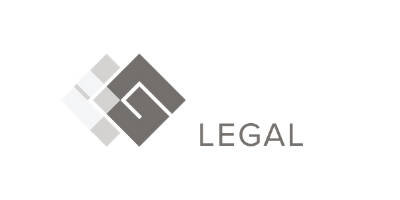Franchising is a popular business model that allows you to operate a business under the brand of another business.
Famous examples of a franchise in Australia include Pool Werx, Muffin Break, and Jim’s Mowing.
A franchisee is a sole trader, partnership or company which enters into an agreement with the franchisor. The franchisor controls the name, brand, intellectual property, and business system of the franchise.
In Australia, all franchisors and franchisees must comply with the Franchising Code of Conduct.
The code has several functions, including:
- sets out the minimum conduct of participants in franchising.
- aims to have franchisors tell you certain things about a franchise agreement before signing.
- aims to provide a cost-effective dispute resolution scheme for franchisees and franchisors.
- outlines penalties for non-compliance.
The Franchising Code of Conduct applies to agreements that come within the definition of a “franchise agreement”.
How do you know if you’re looking at a franchise agreement? Look at these four tips:
- Is there is a written, oral, or implied agreement?
- Are goods (or services) supplied under a system or marketing plan?
- Is the business substantially associated with a trade- mark, advertising, or commercial symbol?
- Does the franchisee pay a fee (directly or indirectly)?
If there is a tick against all four, then a business is classified as a franchise.
The Code is there to protect franchisees and prospective franchisees from unscrupulous operators and provide a framework for business owners to reach an informed commercial agreement.
The Code does not guarantee success in business or regulate what commercial terms are included in the franchise deed.
Before getting into a franchise, it’s important you learn everything you can about it, understand the franchise agreement, read the disclosure statement carefully, identify your financial risks, and find out if there are ongoing fees.
Franchisors must meet minimum compliance obligations, provide proper disclosure, and avoid misleading you or acting unconscionably. They cannot pressure or bully you.
If you are to become a franchisee it’s vital you read and understand the Code and have a suitably qualified, franchise solicitor explain it to you.
Here at GLG Legal, we can help and advise you with every aspect of franchising. Our corporate team are here to help you. Call us on (07) 3161 9555 or email info@glglegal.com.au to make an appointment today.






